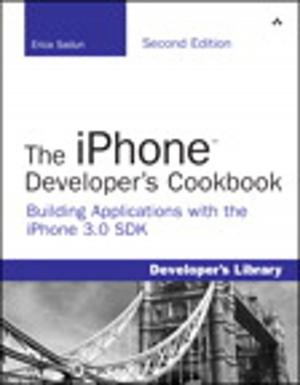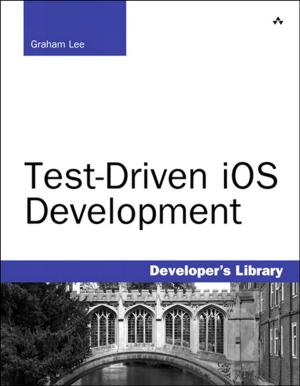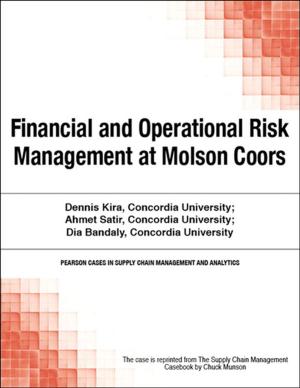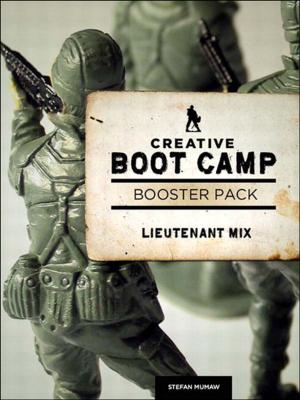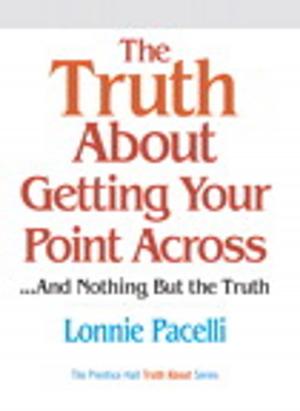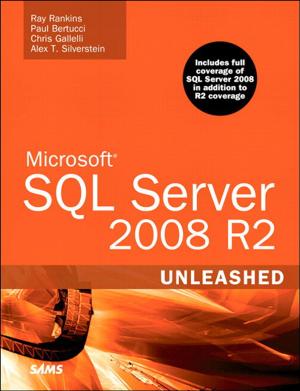SQL Queries for Mere Mortals
A Hands-On Guide to Data Manipulation in SQL
Nonfiction, Computers, Programming, Programming Languages, SQL, Application Software, Computer Graphics, Database Management| Author: | John L. Viescas | ISBN: | 9780134858357 |
| Publisher: | Pearson Education | Publication: | January 31, 2018 |
| Imprint: | Addison-Wesley Professional | Language: | English |
| Author: | John L. Viescas |
| ISBN: | 9780134858357 |
| Publisher: | Pearson Education |
| Publication: | January 31, 2018 |
| Imprint: | Addison-Wesley Professional |
| Language: | English |
The #1 Easy, Common-Sense Guide to SQL Queries—Updated with More Advanced Techniques and Solutions
Foreword by Keith W. Hare, Vice Chair, USA SQL Standards Committee
SQL Queries for Mere Mortals has earned worldwide praise as the clearest, simplest tutorial on writing effective queries with the latest SQL standards and database applications. Now, author John L. Viescas has updated this hands-on classic with even more advanced and valuable techniques.
Step by step, Viescas guides you through creating reliable queries for virtually any current SQL-based database. He demystifies all aspects of SQL query writing, from simple data selection and filtering to joining multiple tables and modifying sets of data.
Building on the basics, Viescas shows how to solve challenging real-world problems, including applying multiple complex conditions on one table, performing sophisticated logical evaluations, and using unlinked tables to think “outside the box.”
In two brand-new chapters, you learn how to perform complex calculations on groups for sophisticated reporting, and how to partition data into windows for more flexible aggregation.
Practice all you want with downloadable sample databases for today’s versions of Microsoft Office Access, Microsoft SQL Server, and the open source MySQL and PostgreSQL databases. Whether you’re a DBA, developer, user, or student, there’s no better way to master SQL.
Coverage includes:
- Getting started: understanding what relational databases are, and ensuring that your database structures are sound
- SQL basics: using SELECT statements, creating expressions, sorting information with ORDER BY, and filtering data using WHERE
- Summarizing and grouping data with GROUP BY and HAVING clauses
- Drawing data from multiple tables: using INNER JOIN, OUTER JOIN, and UNION operators, and working with subqueries
- Modifying data sets with UPDATE, INSERT, and DELETE statements
- Advanced queries: complex NOT and AND, conditions, if-then-else using CASE, unlinked tables, driver tables, and more
- NEW! Using advanced GROUP BY keywords to create subtotals, roll-ups, and more
- NEW! Applying window functions to answer more sophisticated questions, and gain deeper insight into your data
Software-Independent Approach!
If you work with database software such as Access, MS SQL Server, Oracle, DB2, MySQL, Ingres, or any other SQL-based program, this book could save you hours of time and aggravation—before you write a single query!
The #1 Easy, Common-Sense Guide to SQL Queries—Updated with More Advanced Techniques and Solutions
Foreword by Keith W. Hare, Vice Chair, USA SQL Standards Committee
SQL Queries for Mere Mortals has earned worldwide praise as the clearest, simplest tutorial on writing effective queries with the latest SQL standards and database applications. Now, author John L. Viescas has updated this hands-on classic with even more advanced and valuable techniques.
Step by step, Viescas guides you through creating reliable queries for virtually any current SQL-based database. He demystifies all aspects of SQL query writing, from simple data selection and filtering to joining multiple tables and modifying sets of data.
Building on the basics, Viescas shows how to solve challenging real-world problems, including applying multiple complex conditions on one table, performing sophisticated logical evaluations, and using unlinked tables to think “outside the box.”
In two brand-new chapters, you learn how to perform complex calculations on groups for sophisticated reporting, and how to partition data into windows for more flexible aggregation.
Practice all you want with downloadable sample databases for today’s versions of Microsoft Office Access, Microsoft SQL Server, and the open source MySQL and PostgreSQL databases. Whether you’re a DBA, developer, user, or student, there’s no better way to master SQL.
Coverage includes:
- Getting started: understanding what relational databases are, and ensuring that your database structures are sound
- SQL basics: using SELECT statements, creating expressions, sorting information with ORDER BY, and filtering data using WHERE
- Summarizing and grouping data with GROUP BY and HAVING clauses
- Drawing data from multiple tables: using INNER JOIN, OUTER JOIN, and UNION operators, and working with subqueries
- Modifying data sets with UPDATE, INSERT, and DELETE statements
- Advanced queries: complex NOT and AND, conditions, if-then-else using CASE, unlinked tables, driver tables, and more
- NEW! Using advanced GROUP BY keywords to create subtotals, roll-ups, and more
- NEW! Applying window functions to answer more sophisticated questions, and gain deeper insight into your data
Software-Independent Approach!
If you work with database software such as Access, MS SQL Server, Oracle, DB2, MySQL, Ingres, or any other SQL-based program, this book could save you hours of time and aggravation—before you write a single query!

